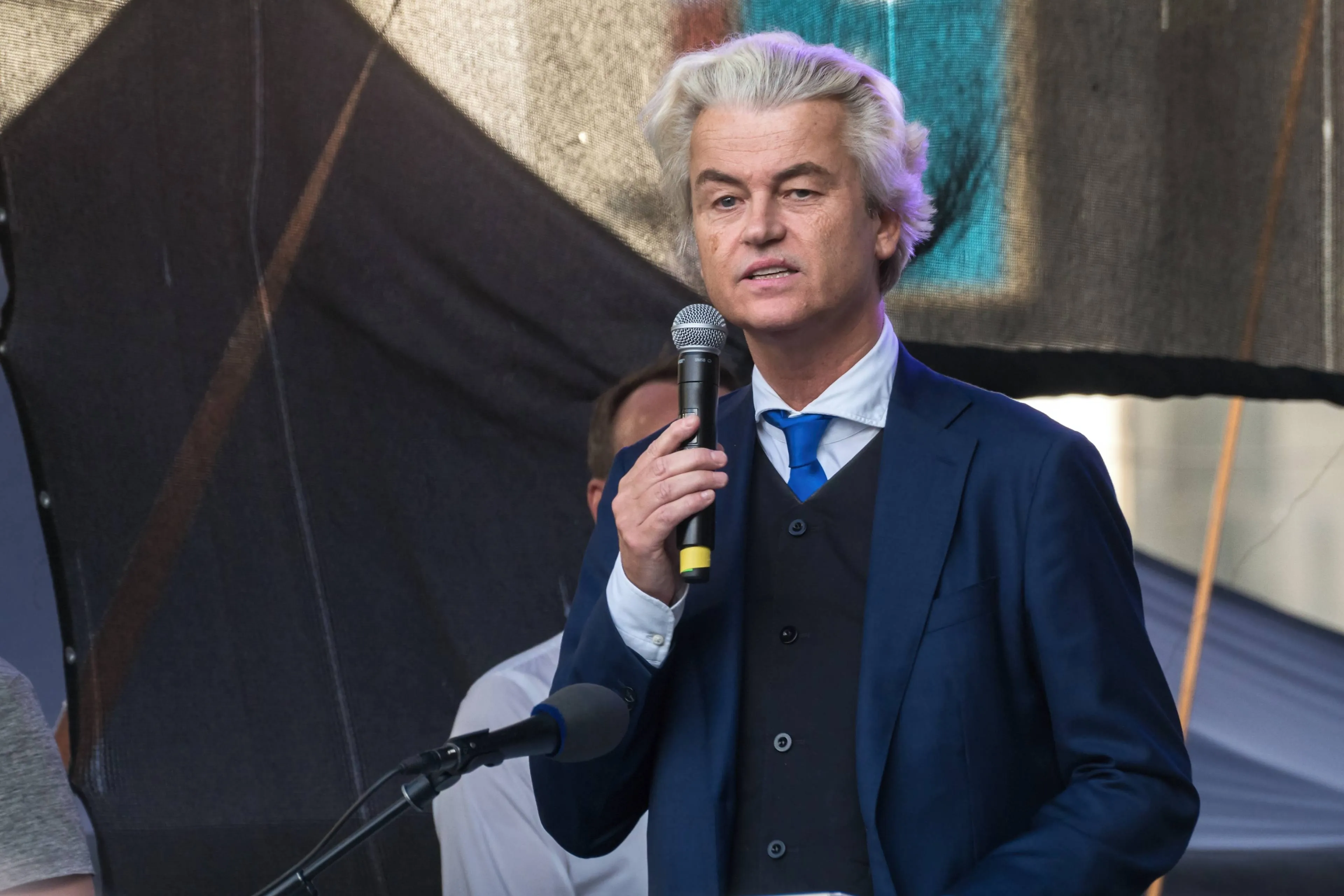Het klimaatdebat kantelt
2013 was een rampjaar voor de klimaatindustrie. De apocalyps verdwijnt achter de horizon.
Onder de titel, 'German Global Analysis: 2013 Was A Debacle For The Promoters Of Anthropogenic Global Warming', schonk de onvermoeibare Pierre Gosselin aandacht aan een blog van Ulli Kulke, die gewoonlijk voor 'Die Welt' schrijft. Deze concludeerde: 'Once again evidence has mounted that we are slowly but surely departing from the view of a global apocalypse.'
Kulke:
We will hear that 2013 was one of the ten warmest years of recent history (probably one of the seven warmest). And with great certainty the following will be concluded from all this: This is proof that global warming is galloping unhindered, if not accelerating. But according to the statistics this is not the case at all, especially the latter. It cannot be emphasized enough: One of the ten warmist or seven warmest in fact shows that global warming has reached a relatively high level, but also that the dynamic for a further warming has halted, at least for the time being. ...
Thus global warming has stopped and has done so even while CO2 emissions have increased unhindered.
It was just last year and regrettably this was kept away from the publics attention that many scientific peer reviewed papers appeared in scientific journals showing that CO2?s effect on the climate, its climate sensitivity, had previously been estimated to be much too high. ...
There are no indications that the number or intensity of hurricanes and typhoons have increased over the last decades. Quite to the contrary. The tendency is, for both strength and frequency, significantly less, as this compilation umistakably shows. Also the last 2013 report from the IPCC: The authors downgraded the statements on the probability with respect to the previous report of 2007.
And 2013 saw another grand climate conference failure in Warsaw. No one expected there would be an agreement on a binding reduction of CO2 emissions. And of course there wasnt. What a surprise just like every year before. ...
And 2013 saw another grand climate conference failure in Warsaw. No one expected there would be an agreement on a binding reduction of CO2 emissions. And of course there wasnt. What a surprise just like every year before. ...
Once again what became clear in Warsaw: In the end its not really about CO2 emissions its mostly about money and a redistribution from North to South.
Ook schrijft Kulke dat het duidelijk is dat landen als Canada, Japan, Rusland en zelfs GrootBrittannië en Duitsland hebben aangegeven dat hun enthousiasme voor klimaat'bescherming' (ja, zo heet dat in Duitsland) is verminderd.
The list of naysayer countries has gotten considerably longer.
Kulke voegde daaraan toe dat zelfs een klimaat'vluchteling', die asiel zocht wegens zeespiegelrijzing, nul op het rekest heeft gekregen.
All that remains to be mentioned for 2013 is the court case in New Zealand where a citizen of the Pacific island nation of Kiribati attempted to be recognized as a a climate refugee because his island nation is supposedly going under. The judge threw out the case mainly due to formal reasons. Thats a pity because she could have provided the Polynesian with a real factual reason: namely that the islands of his nation are not going under. Quite to the contrary in the last 50 years the islands are growing, as you can read about it here.
2013 was in fact so bad that even after almost everyone had closed the books on the year and unanimously called it a knockout for the skeptics. 2013 delivered two other massive bonus blows that left the warmists reeling at the very end of the year: the Chris Turney Antarctic expedition debacle and the record North American cold wave. These last-second blows are carrying well into the year 2014.
Never has a new year started off so well for the skeptics. The debate tipping point is steadily getting closer.
Lees verder hier.
Ook Anthony Watts kwam tot dezelfde conclusie in een 'posting' gelardeerd met talloze grafieken. Zie hier.
Ondertussen ontwaakt de EU nu ook langzaam uit haar klimaatcoma en begint zich af te vragen of zij wel de aangewezen Atlas is om de wereld te redden van de verschrikkelijke opwarming, die nu al 17 jaar niet wil komen. Er is veel schimmig gedoe rond de nieuwe EUklimaatdoelstellingen na 2020. Hoe kan men die zonder al te veel politiek gezichtsverlies laten verdwijnen?
Christian Oliver rapporteerde daarover in 'The Financial Times':
European commissioners are considering scrapping a binding target for renewable energy for 2030, a move that would please big utility companies but infuriate environmentalists.
The EUs 2030 energy and climate targets, which the commission is due to propose on January 22, are stoking acrimony among countries and between commissioners. Governments, industry and green groups are lobbying the commission intensely over the goals.
A target for how much power European countries should derive from renewables is one of the most bitterly debated parts of next weeks package. The UK, which is increasing its use of nuclear power, opposes a binding goal. Germany, which is shutting down its reactors, is the most powerful voice in favour of an obligatory target.
A proposed compromise, now at the heart of discussions over the 2030 package, envisages that a renewables target, of less than 30 per cent, would be non-binding. However, people close to the talks added that the arguments now hinge on whether such a non-binding renewables target would need to be given credibility by stronger rules on energy efficiency. That would mean binding objectives related to energy infrastructure, smart grids and cross-border interconnectors.
This compromise for 2030, if accepted in the face of German opposition, would represent a significant change from the EUs 2020 targets. Those goals require that EU states should cut overall greenhouse gas emissions by 20 per cent from 1990 levels and derive 20 per cent of their power from renewables. Measures to improve energy efficiency by 20 per cent were only aspirational. For 2030, those energy efficiency goals would require quantifiable action from states. Its a bottom-up approach that is being considered now, said one person involved.
Discussions have been influenced by mounting concerns that the generous subsidies supporting renewable energy in the EU are driving up energy costs for European industry and undermining its competitiveness, especially compared to the US.
Zie ook de omslag in België hier.
En na jaarlijks honderden miljarden te hebben verslonden zonder enige meetbaar effect op het klimaat, dooft de klimaathysterie precies zoals de klimaatsceptici hebben voorspeld nu langzaam als een nachtkaars uit - niet zonder een spoor van vernieling achter te laten. En wie betaalt de rekening?
Voor mijn eerdere DDSbijdragen zie hier.
Ga verder met lezen
Dit vind je misschien ook leuk
Laat mensen jouw mening weten
Lees ook
Loading


